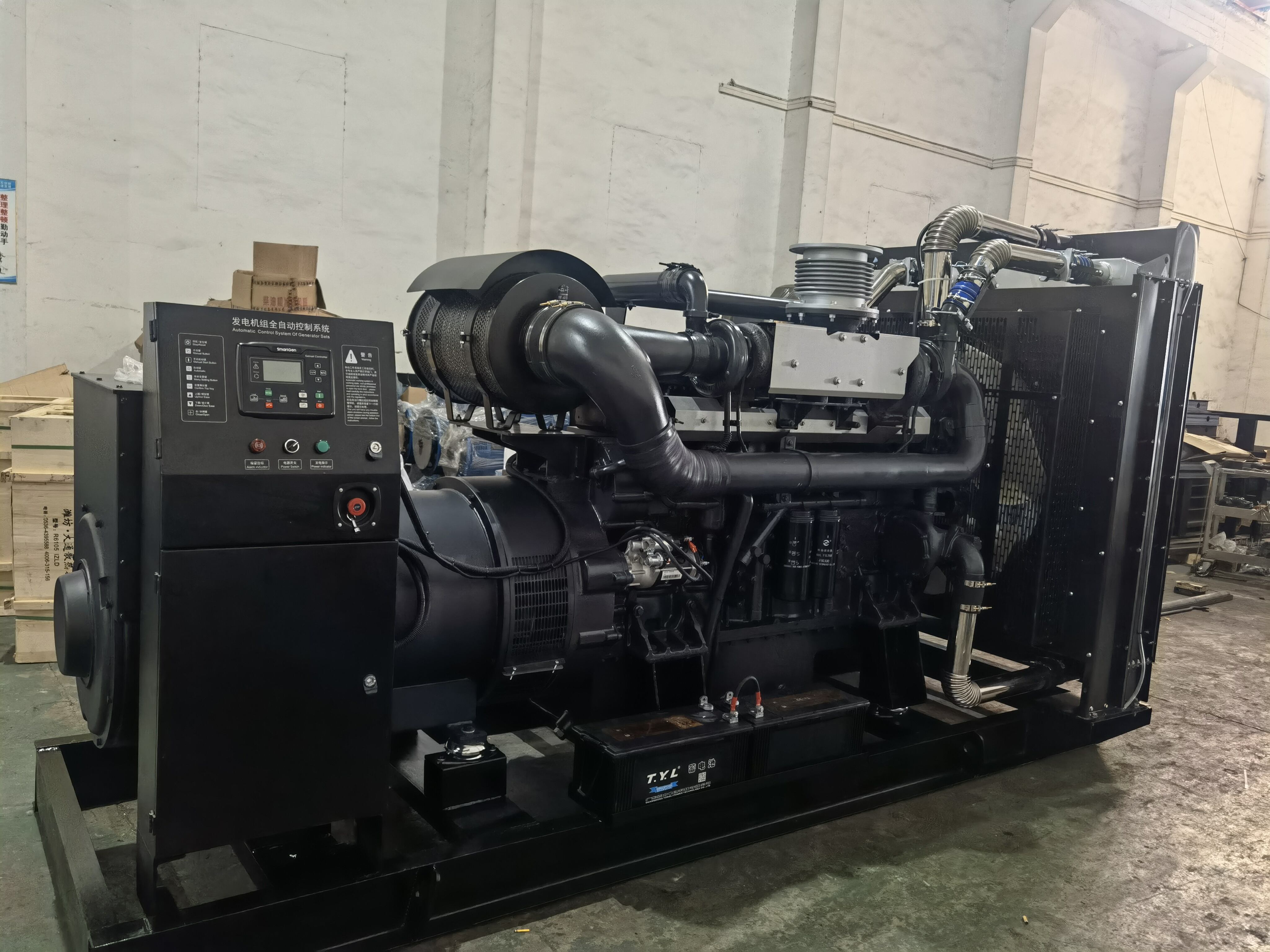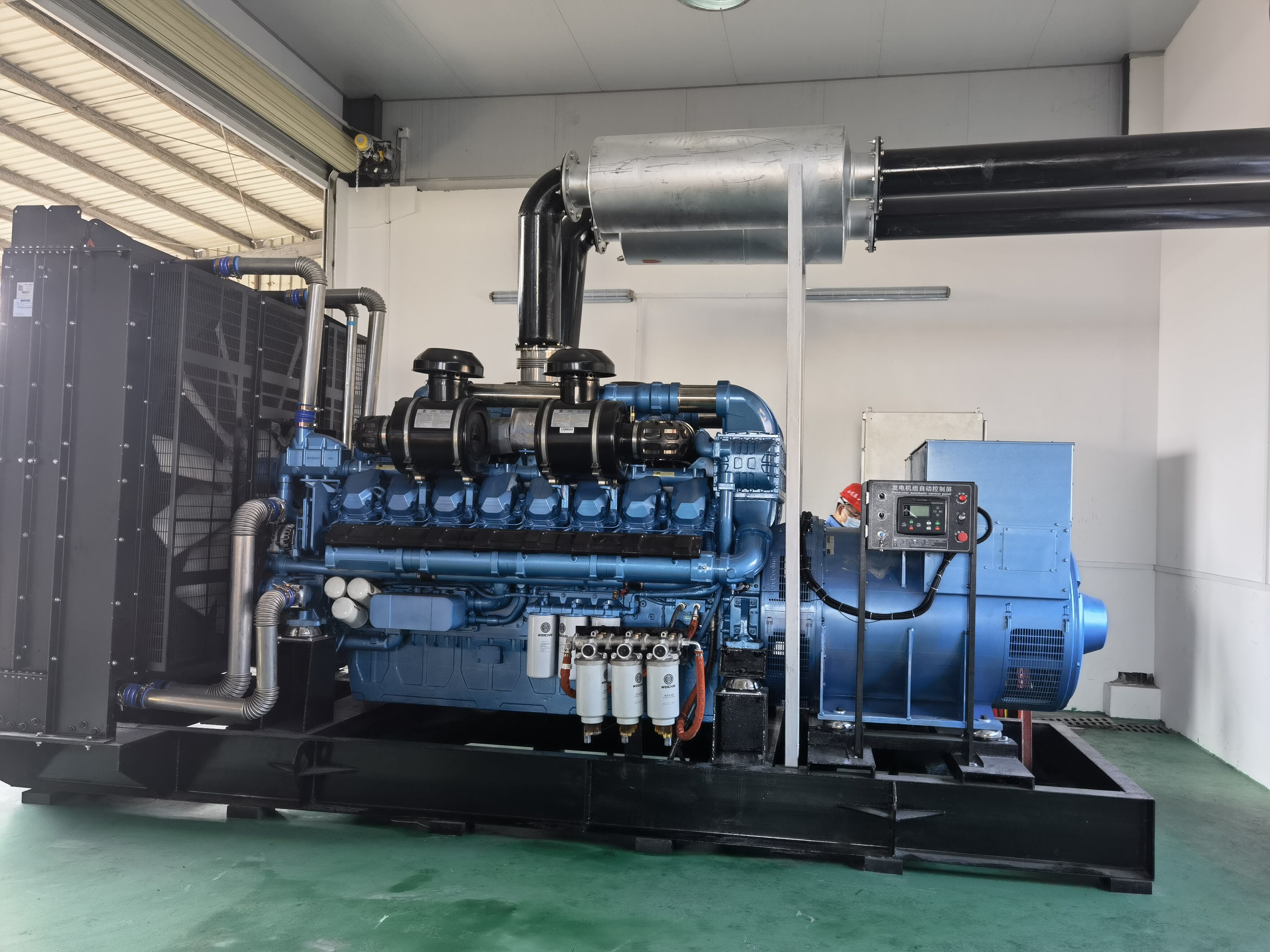Understanding Modern Power Security Solutions
In today's increasingly connected world, maintaining continuous power supply has become more critical than ever. A backup generator serves as your reliable safety net against unexpected power outages, protecting both homes and businesses from costly disruptions. As our dependence on electronic devices and systems grows, the importance of having a dependable power backup solution cannot be overstated.
From protecting valuable electronics to ensuring business continuity, backup generators provide peace of mind and security in an uncertain world. They represent a significant investment in protecting our modern way of life, where even brief power interruptions can lead to considerable inconvenience and financial loss.
Essential Advantages of Backup Power Systems
Protection Against Financial Losses
When power outages strike, the financial implications can be severe. A backup generator helps prevent inventory loss in businesses, especially those dealing with perishable goods. Restaurants, grocery stores, and pharmaceutical companies can save thousands of dollars by maintaining proper refrigeration during blackouts. For homeowners, a backup generator prevents food spoilage and helps avoid the costs associated with staying in hotels during extended power outages.
Additionally, businesses can maintain operations during power failures, preventing lost revenue from downtime. For remote workers and home-based businesses, a backup generator ensures continued productivity, protecting income streams and meeting client deadlines regardless of local power conditions.
Safety and Security Enhancement
During power outages, security systems often become compromised. A backup generator keeps your security cameras, alarm systems, and automated lighting operational, maintaining your property's protection. This is particularly crucial for both residential areas and commercial establishments where security is paramount.
Moreover, backup power systems ensure that essential medical equipment continues functioning, making them literally lifesaving for individuals who rely on powered medical devices. They also keep communication systems operational, allowing you to stay connected during emergencies when information access is critical.
Technical Advantages of Modern Generators
Automated Operation Systems
Contemporary backup generators feature sophisticated automation that detects power failures and initiates operation within seconds. This seamless transition minimizes disruption to your electrical systems and protects sensitive electronics from sudden power loss. Advanced models can perform self-diagnostic tests, schedule maintenance reminders, and even communicate system status through mobile applications.
The latest generator technologies incorporate smart load management, allowing them to prioritize power distribution to essential systems while maximizing fuel efficiency. This intelligent power management ensures longer running times and optimal performance during extended outages.
Fuel Efficiency and Environmental Considerations
Modern backup generators employ advanced engine designs that maximize fuel efficiency while minimizing environmental impact. Many current models feature reduced emissions and quieter operation compared to older generations. Some systems can even integrate with renewable energy sources, creating hybrid solutions that combine the reliability of generators with the sustainability of green energy.
Manufacturers now offer various fuel options, including natural gas, propane, and diesel, allowing users to choose the most cost-effective and environmentally appropriate solution for their specific needs. This flexibility in fuel choice helps optimize operating costs while meeting local environmental regulations.

Economic Benefits and Long-term Value
Property Value Enhancement
Installing a backup generator can significantly increase property value, making it an attractive investment for homeowners. Real estate professionals often highlight backup power systems as a premium feature, particularly in areas prone to severe weather or unreliable power grid service. The presence of a backup generator can be a decisive factor for potential buyers or tenants, especially in luxury properties or commercial spaces.
The long-term value proposition extends beyond immediate property values. Insurance companies may offer reduced premiums for properties with backup power systems, recognizing their role in preventing damage and losses during power outages.
Operational Cost Savings
While the initial investment in a backup generator may seem substantial, the long-term operational savings often justify the expense. By preventing business interruptions, protecting expensive equipment, and maintaining productivity, generators typically provide excellent return on investment. Regular maintenance costs are predictable and manageable, especially compared to the potential losses from extended power outages.
Modern generators also help reduce peak power costs by allowing businesses to operate on generator power during high-demand periods. This capability enables participation in utility demand response programs, potentially creating additional revenue streams.
Frequently Asked Questions
How often should a backup generator be maintained?
Professional maintenance should be performed annually, with monthly self-tests recommended for optimal performance. Regular maintenance includes oil changes, filter replacements, and comprehensive system checks to ensure reliability when needed.
What size backup generator do I need for my property?
The appropriate generator size depends on your specific power requirements. A professional assessment should evaluate your essential equipment, square footage, and peak power demands to recommend the correct capacity. Typical residential installations range from 7kW to 22kW, while commercial applications may require significantly more power.
How long can a backup generator run continuously?
Most modern backup generators can run continuously for several days to weeks, depending on fuel supply and maintenance factors. Natural gas generators connected to municipal lines can operate indefinitely, while diesel or propane systems typically run 24-72 hours on a single tank.
What is the typical lifespan of a backup generator?
With proper maintenance and regular servicing, a quality backup generator can last 20-30 years. The actual lifespan depends on factors such as usage frequency, environmental conditions, and maintenance adherence. Commercial units in high-use situations may require replacement sooner.

